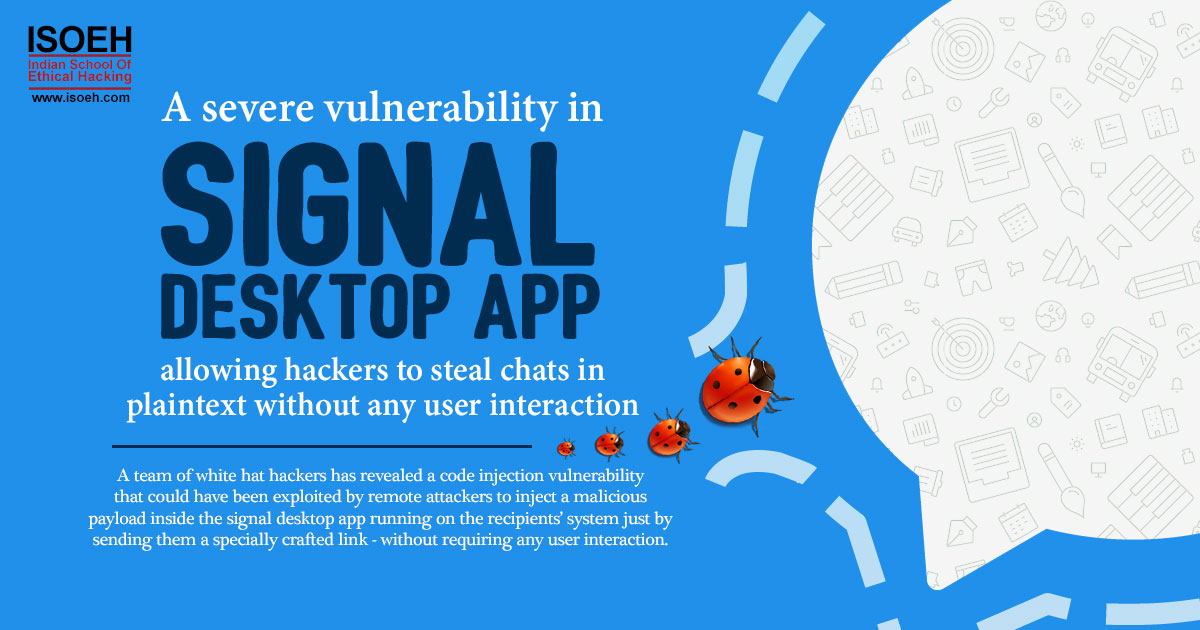
Contents
Introduction
In the shimmering landscape of the modern job market, the role of an Information Technology (IT) professional gleams like a beacon of promise. It's a dream job that offers a tantalizing blend of high salaries, opportunities to work in the tech hubs of America or Europe, social prestige, and even a boost in the marriage market.
However, beneath this glossy veneer, a sinister reality lurks.
Do you remember this proverb – "Too much greed is wasted"?
If the Titanoboa comes to your dream now, will you not be afraid? Although it is extinct. In 2023, an alarming surge in tech job scams has turned this dream into a nightmare for many unsuspecting job seekers.
The allure of high-paying IT jobs has become a magnet for fraudsters, preying on the dreams and aspirations of young professionals.
IT Job Scams on the Rise
With the job market in the IT sector becoming increasingly competitive, along with the number of fake job cases has skyrocketed, leaving countless victims in their wake.
 The year 2023 has been a tumultuous one for job seekers, with unemployment rates soaring to over 8% in India, surpassing the global average of 5.8%.
The year 2023 has been a tumultuous one for job seekers, with unemployment rates soaring to over 8% in India, surpassing the global average of 5.8%.
One such case involved India's largest tech company, Tata Consultancy Services (TCS), which recently sacked four executives for allegedly giving preferential treatment to certain staffing firms in recruiting contractual employees.
This incident has shed light on the rampant IT job scams that have become a cottage industry in recent years. The job crunch in the IT industry has only exacerbated the problem, with fewer jobs and more job seekers creating the perfect breeding ground for scammers.
 These fraudsters employ a variety of tactics to deceive their victims, from posing as job consultants and creating fake company websites to organizing recruitment drives in small towns.
These fraudsters employ a variety of tactics to deceive their victims, from posing as job consultants and creating fake company websites to organizing recruitment drives in small towns.
They often access resumes from reputed job sites by signing up as genuine recruiters, and in some cases, even go as far as providing fake job training and depositing salaries into victims' accounts for a few months before disappearing.
Top IT Companies Issue Alerts
 Job Seekers Beware! In 2023, several high-profile cases emerged, including a woman with two decades of experience who lost ₹75,000 to a scammer posing as an executive search firm recruiter.
Job Seekers Beware! In 2023, several high-profile cases emerged, including a woman with two decades of experience who lost ₹75,000 to a scammer posing as an executive search firm recruiter.
Another victim, an IT professional from Kerala, was duped at ₹10 lakhs by a recruiter claiming to offer a job in Singapore, only to discover that the company didn't even exist.
To combat this growing menace, top IT companies like TCS, Infosys, Wipro, HCL, and Tech Mahindra have issued alerts, advisories, and cautions against job scams.
The government has also stepped in, issuing advisories to warn citizens of international job scammers targeting Indians.
As the public becomes more aware of these fraudulent schemes, it's crucial to remain vigilant and conduct thorough due diligence when seeking IT job opportunities.
The Tactics of IT Job Scammers Exposed
Job scams have been on the rise in 2023, with scammers becoming more sophisticated in their methods.
Here are some of the top job scamming procedures to watch out for:
- Precarious Job Descriptions: Scammers often post job descriptions that are vague and lack specific details about the job responsibilities, qualifications, or compensation. Legitimate job postings should have clear and concise descriptions.
 Unsolicited Job Offers: If you receive a job offer without having applied for a job, it's likely a scam. Legitimate companies do not send out unsolicited job offers.
Unsolicited Job Offers: If you receive a job offer without having applied for a job, it's likely a scam. Legitimate companies do not send out unsolicited job offers.- Payment for Job Opportunities: Any job that requires you to pay a fee for training, equipment, or any other reason is likely a scam. Legitimate employers should be paying you, not the other way around.
- Too-Good-To-Be-True Offers: Be cautious of job offers that promise high pay for minimal work or require little to no experience.
- Request for Personal Information: Scammers often ask for personal information such as your social security number or bank account information before you've been hired. Legitimate employers should only ask for this information after you've been hired.
- Targeting Unemployed Workers: Scammers often target workers who are receiving unemployment benefits. They create fake sites encouraging you to register your claim while taking your personal information.
- Fake Company Names and Email Addresses: Scammers often use fake company names and email addresses to impersonate legitimate companies. Always verify the company's legitimacy before proceeding.
- LinkedIn Relationship Fakes: A scammer might send you a message on LinkedIn, claiming to be in the same industry and seeking advice. They may eventually lure you into a scam.
How to Spot and Avoid Job Scams?
It's crucial to keep up with the most recent employment frauds and to warn others of them. Students in particular need to exercise caution while seeking jobs and should never accept a job offer without first discussing it with a trusted adult or career advisor.
- Research the Company: Perform extensive research on the company before applying for a job. Verify the company's official website, social media accounts, and any news reports that mention them. If the business has a weak web presence, that could be a cause for concern.
 Verify the Job Offer: If you get a job offer, be sure it's real. You can accomplish this by getting in touch with the business directly using their listed phone number and address. The contact information listed in the job offer should not be used since it could be a hoax.
Verify the Job Offer: If you get a job offer, be sure it's real. You can accomplish this by getting in touch with the business directly using their listed phone number and address. The contact information listed in the job offer should not be used since it could be a hoax.- Never Pay Upfront: If a job requires you to make a payment, it's likely a scam.
- Check the Email Address: Scammers frequently employ email addresses that are slightly modified versions of those used by legitimate businesses. For any inconsistencies, thoroughly review the email address.
- Protect Your Personal Information: Unless you are certain that the job offer is genuine and the information is required, never give out personal information like your social security number, bank account information, or address.
- Be Cautious of Unsolicited Offers: Be wary if you receive a job offer you didn't apply for.
- Check for Professionalism: Look for signs of professionalism in the job posting and communication. Poor grammar, spelling mistakes, and unprofessional language can be signs of a scam.
 Consult with Others: Consult a career counsellor, mentor, or reputable expert in the subject if you have questions regarding a job offer. They may be able to identify scam warning indicators that you overlooked and can offer helpful advice.
Consult with Others: Consult a career counsellor, mentor, or reputable expert in the subject if you have questions regarding a job offer. They may be able to identify scam warning indicators that you overlooked and can offer helpful advice.- Report Suspicious Activity: If you come across a job scam, report it to your neighbourhood police department and the employment website where the scam was advertised. This can prevent other people from falling for the same fraud.
It's better to be safe than sorry when it comes to job hunting.
Conclusion
In the iridescent world of IT, the allure of high salaries, international opportunities, and prestige can sometimes blind us to the harsh realities of job scams. Even the most seasoned professionals can fall prey to sophisticated fraudsters.
The rise of social media and outsourcing of hiring processes have only made these scams more prevalent and complex. It's a stark reminder that we must remain vigilant and sceptical, especially when an opportunity seems too good to be true.
So, how can we protect ourselves in this digital age? How can we differentiate between a genuine opportunity and a scam? The answer lies in due diligence, scepticism, and awareness.
Top IT companies and the government are issuing advisories, but the responsibility ultimately lies with us. So, are you prepared to navigate this tricky landscape? Are you equipped to spot the red flags?
Stay alert, stay informed, and remember - if it sounds too good to be true, it probably is.
Hacking Tools
Explore All Hacking Tools »
UFTP is an encrypted multicast file transfer program for secure, reliable & efficient transfer of files. It also helps in data distribution over a satellite link.
Read DetailsBreaking News
Breaking News Of Each Month »
The recent pandemic was unexpected and unknown to most part of the world. It has changed our life and we are slowly adapting to our new lifestyle. The risks associated with the new lifestyle, both personal & corporate, are unknown to most of us.
Read Details
















